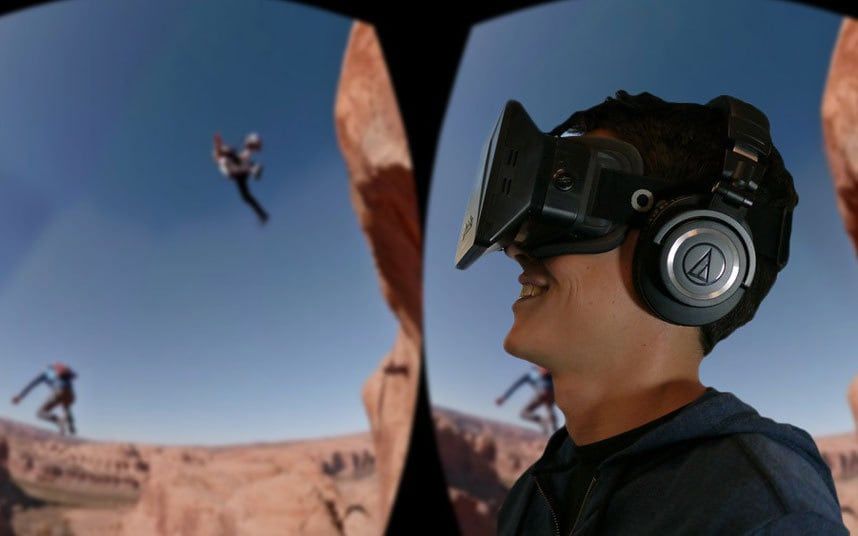Dec 12, 2015
AMD’s mighty Zen CPUs coming to level the playing field with Intel in 2016
Posted by Shailesh Prasad in category: computing
AMD has confirmed we will see high-end desktop FX processors of the Zen variety later on next year.
AMD has confirmed we will see high-end desktop FX processors of the Zen variety later on next year.
I’ve been increasingly interested in translated science fiction novels, and one of the best ones that I picked up this year was Taiyo Fujii’s debut Gene Mapper.
Gene Mapper takes place in a future where augmented reality and genetic engineering is commonplace. When a freelance gene mapper named Hayashida finds that a project that he had worked on is collapsing, he believes that it’s being sabotaged. Determined to fix it, he travels to Vietnam where he finds that there’s more behind the problem than he initially thought.
You can read a tie-in story over on Lightspeed Magazine, ‘Violation of the TrueNet Security Act’.
A founding father of artificial intelligence talks about the great breakthroughs of his early years.

2016 will be the year of VR. Here’s how it will change everything from medicine to the military.
This weekend’s Geminids are going to be the biggest meteor shower of this year, and you absolutely should not miss it. Here’s when, where, and how to watch the Geminid meteor shower—and what you should be looking for when you do.
The Geminids are a mid-December (this year peaking on Sunday, December 13th) meteor shower formed by the debris of comet 3200 Phaeton burning up in our atmosphere. Phaeton is unusual in that it was only recently recognized as a comet at all. For many years, astronomers believed that Phaethon was really a large asteroid, due to its total lack of ice. Eventually, researchers figured out that Phaethon’s lack of ice was simply due to how close its path was to the sun, and they reclassified it as an extinct comet or a “rock comet.” That extinct comet is responsible for the Geminids you’ll see this weekend.

C. elegans roundworm (credit: The Goldstein Lab)
When researchers at The Scripps Research Institute (TSRI) in California administered an antidepressant called mianserin to the Caenorhabditis elegans roundworm in 2007, they discovered the drug increased the lifespan of the “young adulthood” of roundworms by 30–40 per cent.
So, does that mean it will work in humans? Not necessarily. “There are millions of years of evolution between worms and humans,” says TSRI researcher Michael Petrascheck. “We may have done this in worms, but we don’t want people to get the impression they can take the drug we used in our study to extend their own teens or early twenties.”
Some film directors are famous for demanding that scenes be shot and re-shot repeatedly until actors express just the right emotion at the right time, but directors will be able to fine-tune performances in post-production, rather than on the film set, with a new system developed by Disney Research and the University of Surrey.
Called FaceDirector, the system enables a director to seamlessly blend facial images from a couple of video takes to achieve the desired effect.
“It’s not unheard of for a director to re-shoot a crucial scene dozens of times, even 100 or more times, until satisfied,” said Markus Gross, vice president of research at Disney Research. “That not only takes a lot of time — it also can be quite expensive. Now our research team has shown that a director can exert control over an actor’s performance after the shoot with just a few takes, saving both time and money.”
Machine learning is a bit of a buzz term that describes the way artificial intelligence (AI) can begin to make sense of the world around it by being exposed to massive amount amounts of data.
But a new algorithm developed by researchers in the US has dramatically cut down the amount of learning time required for AI to teach itself new things, with a machine capable of recognising and drawing visual symbols that are largely indistinguishable from those drawn by people.
The research highlights how, for all our imperfections, people are actually pretty good at learning things. Whether we’re learning a written character, how to operate a tool, or how to perform a dance move, humans only need a few examples before we can replicate what we’ve been shown.
